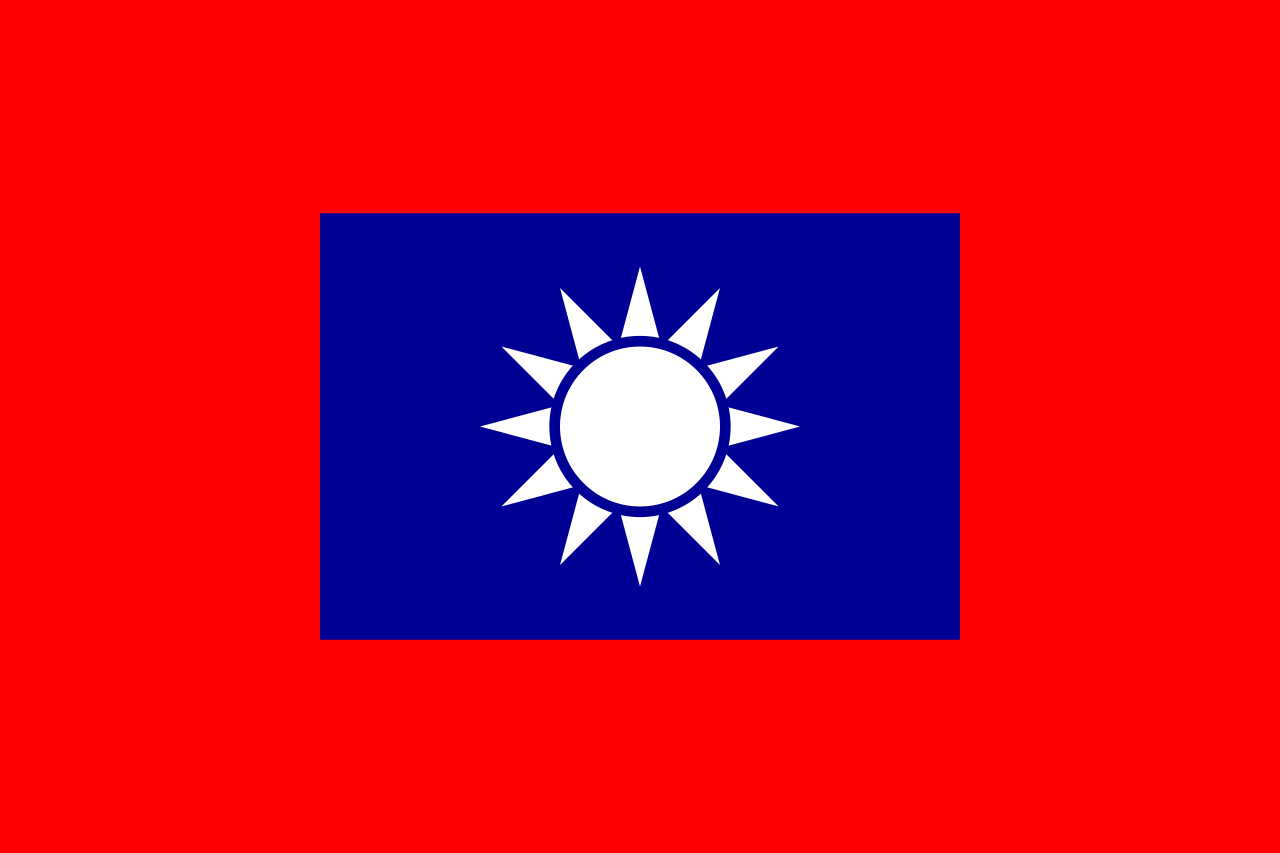Military orders must not be disobeyed(威遵命賤)
There was a famous writer in the Tang
Dynasty. He uses simple words to express real and profound emotions. His name
is (Li Hua).
Once, he wrote an article after visiting
the site of an ancient battlefield, which became his representative work.
The third paragraph of this article is as
follows.
I imagine I'm back in that era, I imagine
I'm one of those young soldiers.
Our general thinks we can definitely win
this victory, and our garrison is slack.
The enemy used the cover of the strong wind
blowing in the desert to sneak close to our camp.
The enemy suddenly appeared in front of our
eyes, and we hurriedly responded.
The wasteland turned from tranquility to
murder.
Our flags fluttered, and we put on our
armor to form battle formations.
I saw the vicious enemies approaching me,
and I was so frightened that I wanted to run away.
But if I run away, I will face severe
military law, so I rush forward through gritted teeth.
The honorable general gave orders from the
rear, and our soldiers fought in the front.
Our lives are so insignificant compared to
his.
I saw many of my comrades shot by enemy
arrows.
So many flying grains of sand hit my face
that I couldn't keep my eyes open.
We fought fiercely, our cries like thunder.
The surrounding mountains were shaken by
the battle. The river ahead was cut off because of this battle.
This idiom means that military orders must
not be disobeyed
Dear friends, what inspiration or thoughts
do you have after listening to this story?
Have you or anyone you know ever been in
the military? What do you think would happen if an army were run in a
democratic way?
I hope this story will give you something
new to gain.
威遵命賤(Military orders must not be disobeyed)
唐朝有一個著名的文學家。他用簡單的文字去表達真實而且深刻的情感。他的名字是(李華)。
有一次,他在參訪一個古戰場的遺址後寫下了一篇文章,這篇作品成為他的代表作品。
這篇文章的第三段如下。
我想像我回到了那個時代,我想像我成了那些年輕的士兵中的一員。
我們的將軍認為我們絕對可以贏得這場勝利,我們的守備鬆懈。
敵軍利用沙漠上颳起強勁的風的掩護,偷偷的靠近我們的營寨。
敵軍突然出現在我們的眼前,我們倉促的應戰。
這片荒原從原先的寧靜變成殺戮。
我們的軍旗飄揚,我們穿上戰甲組成戰鬥隊形。
我看見那些兇惡的敵人向我逼近,我害怕極了,我想要逃跑。
但是若我逃跑,我將會面臨嚴峻的軍法,所以我咬著牙向前衝。
那個尊貴的將軍在後方發布著命令,我們這些的士兵們在前方廝殺。
我們的生命與他相比是如此的微不足道。
我看見我許多戰友被敵人的箭射中。
許多飛揚的沙粒直撲我的臉所以我的眼睛睜不開。
我們激烈地戰鬥,我們的吶喊聲如同雷鳴。
四周的山脈都因為這場戰役震動。前方的河都因為這場戰役斷流。
這句成語的意思是軍令不得違抗
親愛的朋友,你聽完這個故事有怎樣的啟發或有怎樣的想法呢。
你或是你認識的人有人曾經是軍人嗎?你認為一個軍隊如果用民主的方式來管理會有怎樣的結果呢?
我期待這故事能讓你產生一些新的收穫。
出處為唐-李華-弔古戰場文
https://zh.m.wikisource.org/zh-hant/%E5%BC%94%E5%8F%A4%E6%88%B0%E5%A0%B4%E6%96%87
